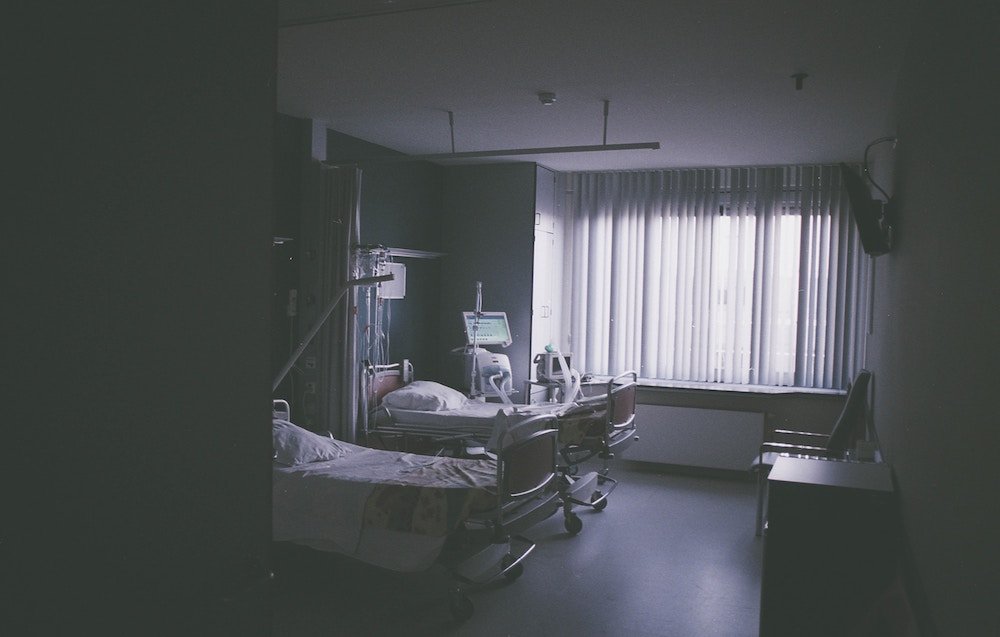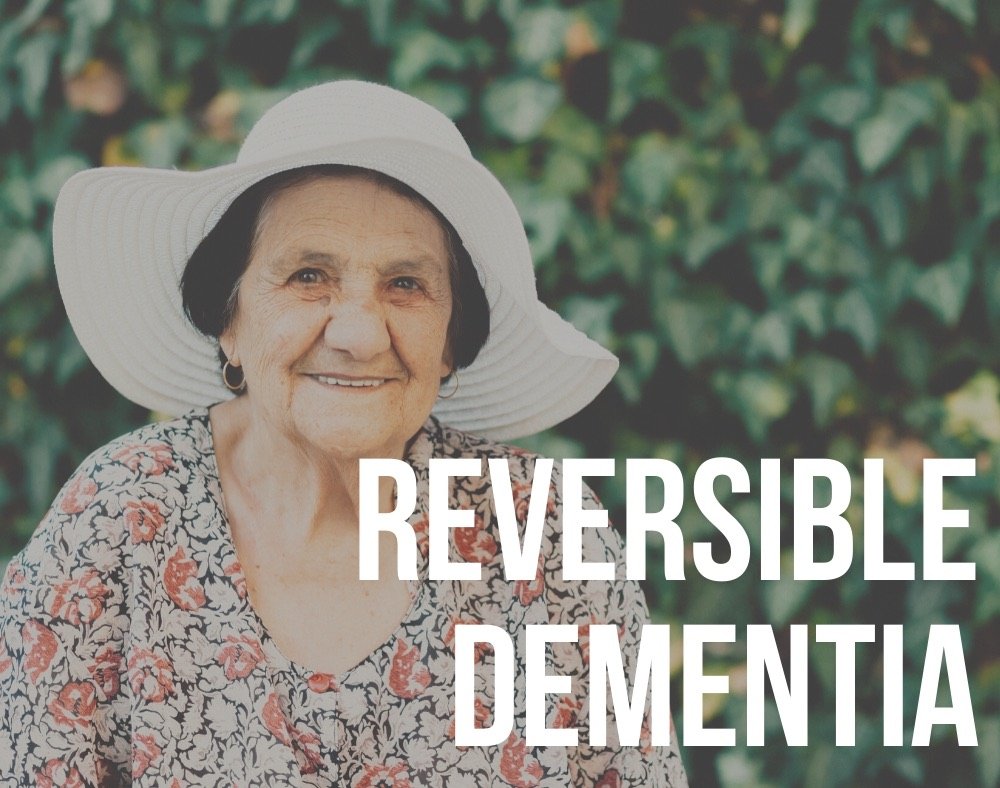If you have never clearly understood the reversible dementia causes and symptoms, you came to the right place. In short, in this article, we discuss the most common ones that you need to be aware of.
One of the most disheartening dementia facts is that it has no cure.
This implies that if a person gets a positive dementia diagnosis, they will have to live with it until their last day.
This said, it is important to note that some conditions exhibit dementia-like symptoms, which can make one confuse other diseases or infections for dementia.
These are often known as reversible dementia causes and some of them include:
Most Common Reversible Dementia Causes
1. Psychiatric Disorders

Some psychiatric disorders, such as depression, can also cause dementia-like symptoms in seniors.
Worth noting is that depression can be one of the signs of dementia. Depression can make a person LACK motivation and have problems with paying attention or feeling lethargic about daily activities.
If someone does not have dementia, treating dementia can help to improve cognitive abilities.
It is important to understand depression symptoms as well as get an accurate assessment from the experts to get prompt treatment for better emotional and cognitive health.
2. Tumors

Tumors, especially the ones that develop in the brain, are known to be part of reversible dementia causes.
Depending on its size and location, many people may confuse this tumor for dementia.
Brain tumors are responsible for multiple symptoms that can negatively affect judgment, memory, impulse control, and personality changes, amongst many others.
Depending on the affected person, treatment can offer the benefit of full restoration, especially when it is a tumor that can be successfully removed.
3. Normal Pressure Hydrocephalus

Also known as “water in the brain,” NPH (normal pressure hydrocephalus) is a condition that causes extra spinal fluid to build up in the brain instead of traveling to the spinal column via the brain.
When this happens, a person will normally experience a couple of symptoms, such as:
- Urinary incontinence
- Memory loss and confusion
- Balance and walking issues
Proper diagnosis is essential in the event a person is going through the above.
This is because there is a HIGH chance of reversing some, if not all, of the confusion and memory impairment.
Early identification is always best because it allows treatment on time, which generally offers better results.
4. Subdural Hematomas

Older adults are at high risk of developing subdural hemorrhages, which are also known as subdural hematomas.
This is where blood vessels in the brain tear and break leaving behind a pool of blood between the dura and the brain. This typically makes a person experience symptoms like lethargy, confusion, headaches, and difficulties with speech.
When an individual with subdural hematomas does not undergo treatment fast enough, the condition can be fatal.
However, if this is detected early enough, treatment can involve surgery or medication that will drain off all the excess blood in the brain.
When everything goes to plan, the person will not experience any NEGATIVE symptoms related to this type of hematoma.
5. Low Levels of Thyroid Hormones

Thyroid disorders can also make individuals experience symptoms that might be mistaken for dementia.
This can include communication problems such as finding the proper words to complete sentences, reduced levels of concentration, memory loss, slower visual processing, and poor spatial organization.
Problematic cognitive symptoms can crop up because of both hyperthyroidism and hypothyroidism. Should a person experience any of the above symptoms, it is vital to see a specialist right away.
With PROPER treatment, all the symptoms may disappear after a while.
6. Sleep Deprivation

Lack of sleep also belongs to the category of reversible dementia causes.
Sleep deprivation is a major cause of memory loss. Experts also point out that when you do not get enough sleep, it can make some parts of the brain shrink.
Sleeping well is crucial for good health.
If you suffer from constant sleep deprivation, you will most likely go through cognitive decline and experience loss of memory. This can have a huge impact on how you reason and think.
Thankfully, this is not something you have to live with for the rest of your life. A professional medic can treat this successfully in regaining your memory and cognitive function.
7. Central Nervous System Infection

Several CNS (central nervous systems) infections are also known to cause treatable cognitive impairment. Examples of these include AIDS dementia complex, tuberculous meningitis, and bacterial meningitis, etc.
Most of these usually meet dementia’s diagnostic criteria.
For instance, HIV-associated dementia may present challenges with memory and concentration, as well as social withdrawal, apathy, and motor dysfunction.
Multiple studies state that with adequate treatment, we can REVERSE the symptoms. In the case of antiretroviral therapy produces the best results.
8. Metabolic Disorders

When talking about reversible dementia, it is important to mention that metabolic disorders vitamin B12 deficiency can make a person have symptoms that are similar to those of dementia.
These mostly include behavior changes like irritation and agitation, as well as memory loss. Many people will have low levels of vitamin B12 because of a poor diet.
Health issues like Crohn’s disease or pernicious anemia may also be responsible for this deficiency. As people grow older, the ability to absorb this particular vitamin may reduce.
Doctors may prescribe vitamin B12 supplements to people who have low levels of the vitamin. These may also help to restore or improve memory as well as cognitive functioning.

